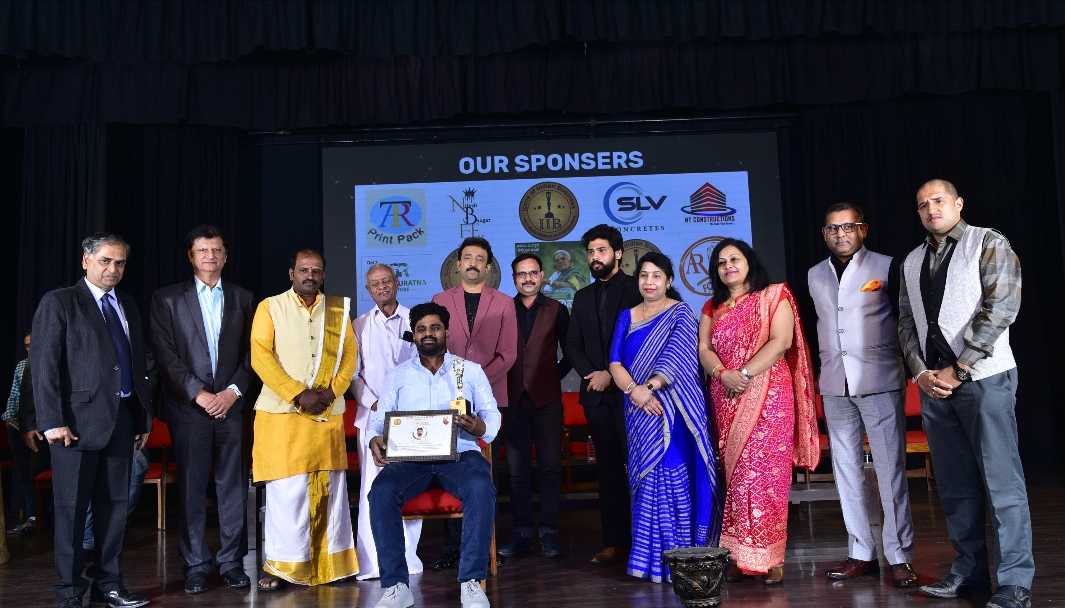How Meesho became Unicorn Company - Its Valued 2.1Billion USD
December 7, 2025
December 21, 2025,1:41:29 PM

When Nagga Saii’s father, Venkat Rao, started a technology-related business in 1999, he started it on a very small scale with a handful of employees. He named it Vaishnavi Technologies. The business was ably supported by Venkat Rao’s wife, who was a graduate in computer science and handled accounts for the company. The company undertook the manufacturing of PCB or Printed Board Circuit units. These Printed Board Circuit units are now a part of our everyday lives, be it mobile phones, bikes, or other machinery.
![]()
Vaishanvi Technologies has grown by leaps and bounds now, but when Nagga Saii took over the business, the face of the business changed exponentially. Nagga Sai, a B.Tech. graduate from GITAM University in Doddaballapur, completed his degree and specialised in mechanical engineering. Once he graduated, Nagga Saii was offered a job in the prestigious company Volvo; he was one among 400 candidates who cleared all the rounds and was given the final offer. After working there for 5-6 months, COVID hit, and Nagga Saii took the decision to join and continue his family business. Hence, he came back to Bengaluru and took over Vaishanvi Technologies.
Family Legacy
Nagga Saii had great dreams for the business. He didn’t want to merely continue the family business; he was interested in innovation. Nagga Saii comes from a family in the weaving business. He had great knowledge of the industry. This is when he realised that he could use his existing knowledge and improve upon the current product. Since he came from a business family, there was a natural inclination to move towards bettering their existing business. Therefore, Nagga Saii thought of applying PCB to textile machinery. This was 4 years ago.
![]()
The company that was making 1-1.2 crores of turnover per year is now making 3-4 crores of turnover per year with Nagga Saii’s efforts and employs 45 members in their 5000 square feet production unit in Sunkadkatte. Venkat Rao continues to help in the business, especially with marketing, and his wife has now retired. They have moved the production of PCBs entirely in-house.
Application of PCB in Textile Machinery
The old technology in the manufacturing of textiles, especially sarees, was laborious and done using handlooms. The weekly production output was 1 saree, or a maximum of 2 sarees per machine if one were to take 18 hours per day of work. With the introduction of power looms, and especially digitally enabled power looms, the same machine can now produce 2 sarees per day.
In this new PCB-enabled power loom, everything is plug-and-play. You have a digital copy of the design in hand, which you then transfer to an SD card. The SD card is inserted into the machine, and the machine outputs the design onto the saree with minimal effort and mistakes. This process works really well for polyester and silk sarees. The whole process is flawless and is carried out smoothly. It is so simple that anyone who can use a phone can use this machine without any hassle. This digitalization is also a solution to the problem of not finding enough people who are adept at using handlooms.
The upside of this is that the production costs can be kept really low. This improves business overall, and the customer base grows organically, which makes the saree production business especially profitable.
USP and Customers
The USP of Nagga Saii’s business is the end-to-end service that he provides his customers. The key to this is to ensure that there is never a breakdown in the machinery, and if there is, it has to be solved immediately. This is because keeping the machinery running is the most viable aspect of this business. Once the production stops, other problems arise, and the customers will not come back.
Nagga Sai has a fully trained network of service providers who are available to solve any issues as soon as possible. These service providers are given through training in-house. Also, in the initial stages, the customer is provided training by an engineer on how to use the technology. In case of any malfunctions, the service providers will be sent at the earliest to resolve the issues and get the machinery going.
The company currently has 200-250 customers, and 10 of them are their major customers. Their two returning and regular customers are Sowmyashri Powerlooms in Gadag and Kotturu Basaveshwara Powerloom Works, also in Gadag. Together with their employees, they supply all over Karnataka, Andhra Pradesh, and even South India. Their customers now produce a minimum of 400 sarees per month per machine.
Future Dreams
Nagga Saii doesn’t want to stop here. He wants to tap into the latest technology - Rapier looms. The normal power looms that are currently being used produce a lot of sound, as one may know. With this new technology, the entire process is going to be soundless as it employs Servo motors. Research and development are in full swing, and once this is done, Nagga Saii plans to scale this at a pan-India level, reaching new heights.
![]()
© 2024 Iconsofindianbusiness.com. All Right Reserved.